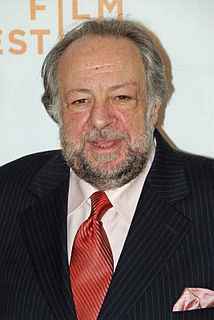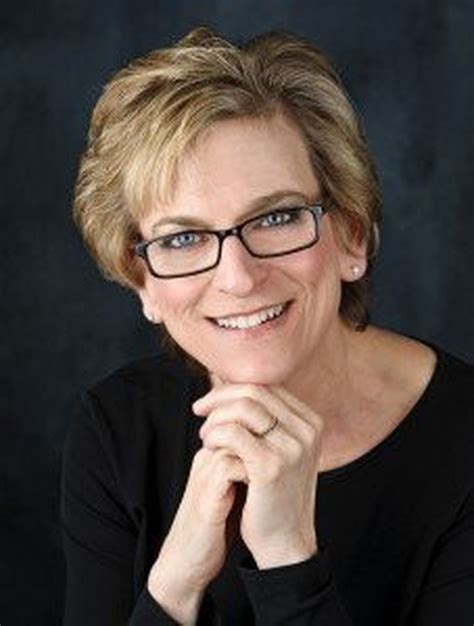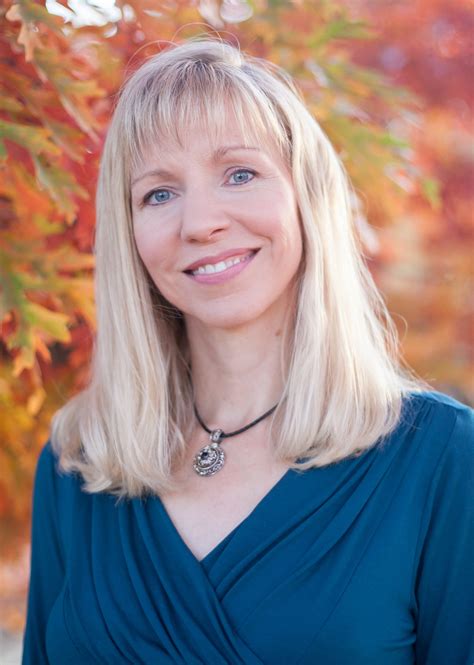A Quote by Ricky Jay
I always read what I write out loud, and I did that long before any radio thing. My editor finds that unusual.
Related Quotes
My last point about getting started as a writer: do something first, good or bad, successful or not, and write it up before approaching an editor. The best introduction to an editor is your own written work, published or not. I traveled across Siberia on my own money before ever approaching an editor; I wrote my first book, Siberian Dawn, without knowing a single editor, with no idea of how to get it published. I had to risk my life on the Congo before selling my first magazine story. If the rebel spirit dwells within you, you won't wait for an invitation, you'll invade and take no hostages.
I never had a plan, except to write. I love what I do, and have from the beginning. Loving what you do makes it a lot easier to work, every day, to face the tough spots and heel in for the long haul. Nothing against plans; they work for some people. But for me, if I'd been planning, worrying about numbers, trying to micro-manage my career, I wouldn't have focused on the writing. If you don't write, you're not read. If you're not read, you don't sell. So that's my Master Plan, I guess. Write the books, let the agent agent, the editor edit, the publisher publish.
At the same time that you've got to open yourself up to the fact that experience is going to teach you year after year, decade after decade. I remember I very badly wanted to write a newspaper column when I was only 21 years old, and I went to my editor and told him that, and he said, "You're a really good writer, but you haven't lived long enough to be qualified to live out loud."
Before the internet, a journalist would write an article about a company that the company felt was unfair and missed a point. All they could do was write a letter to the editor and wait, and maybe a week later it would be printed, or not. Now, they can go to medium.com and immediately publish a long rebuttal, saying the journalist forgot this and did not consider that, the analyst is wrong here. Everybody pulls that immediately into the debate. So it is a much more democratic field for ideas.
The most important thing is you can't write what you wouldn't read for pleasure. It's a mistake to analyze the market thinking you can write whatever is hot. You can't say you're going to write romance when you don't even like it. You need to write what you would read if you expect anybody else to read it.
My children give me a great sense of wonder. Just to see them develop into these extraordinary human beings. And a favorite book as a child? Growing up, it was 'The Lion, The Witch and The Wardrobe' - I would read the whole C.S. Lewis series out loud to my kids. I was once reading to Zelda, and she said 'don't do any voices. Just read it as yourself.' So I did, I just read it straight, and she said 'that's better.'



































